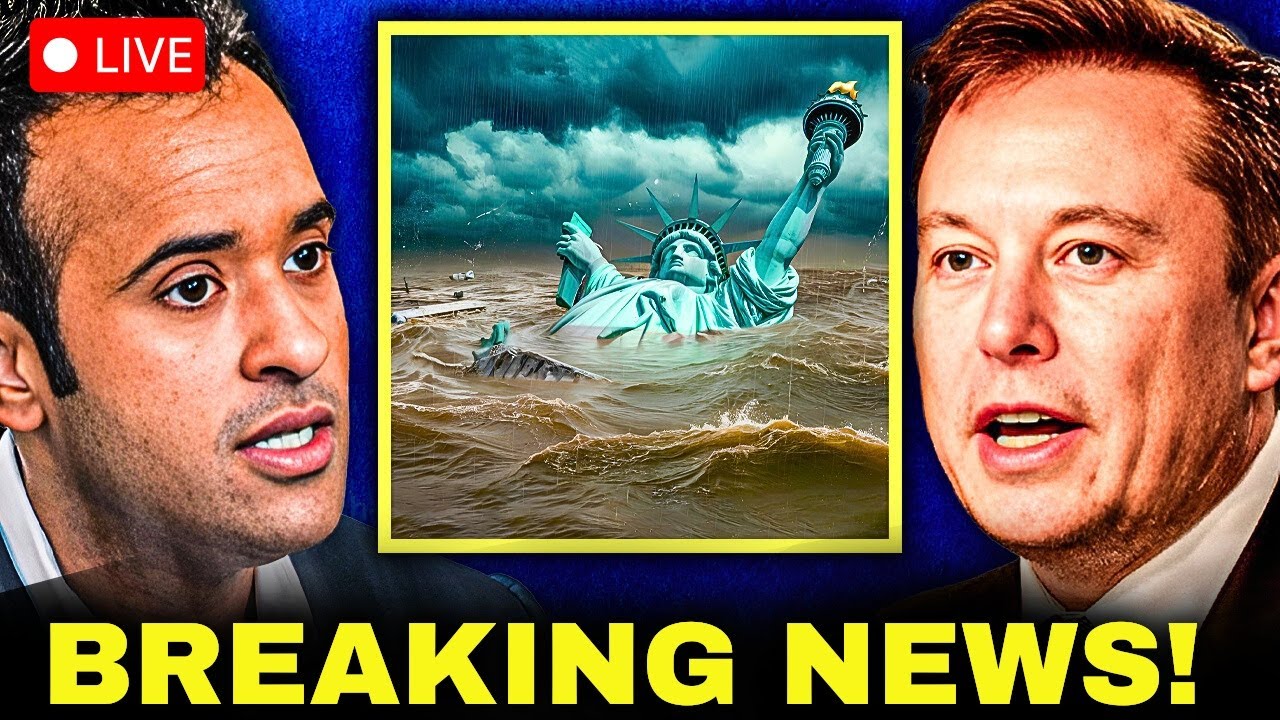RETIRED Apollo 8 astronaut Willliam Anders has died after a plane he was flying plunged into the waters of Puget Sound.
Anders, 90, was one of the first three people to see the far side of the moon and was known for the legendary picture he took while there.




Greg Anders, Anders’ son, confirmed his father was the pilot of the plane and his body had been recovered from the crash, according to local NBC affiliate KING.
“The family is devastated. He was a great pilot. He will be missed,” Greg said about his father, while the search and rescue mission was still underway.
Anders, of San Juan County, Washington, crashed the vintage Air Force T-34 Mentor on Friday at around 11:45 am local time, according to flight data and FAA records obtained by Fox affiliate KCPQ.
The San Juan County Sheriff’s Office said the plane was flying north to south before it plummeted and sunk near Orcas Island.
Phillip Person shared the jarring video with KCPQ, showing the small plane nose-diving into the water causing a fiery crash.
It skids across the top of the water, turning it a shade of yellow, before sinking into a dark cloud of smoke.
ASTRONAUT CAREER
In 1964, NASA selected Anders to be an astronaut with responsibilities for dosimetry, radiation effects and environmental control.
He was a lunar module pilot for Apollo 8 as well as a backup pilot for both the Gemini XI and Apollo 11 flights.
The Apollo 8 mission, which took off on December 21, 1968, was the first crewed spacecraft to leave Earth’s gravitational pull and the first human spaceflight to reach the Moon.
It took Anders, Jim Lovell, and Frank Borman, who died in November 2023, 68 hours to travel from Earth to the Moon.
The mission also became famous for Anders’ iconic picture “Earthrise,” according to NASA.
He regarded the photo as his most significant contribution to the space program, citing its ecological and philosophical impact, according to Fox affiliate KHON.
Anders said despite all the training he had done to explore the moon, what he ended up discovering was Earth.
He recounted how Earth, the planet he called home, looked so fragile and seemingly physically insignificant.
“We’d been going backwards and upside down, didn’t really see the Earth or the Sun, and when we rolled around and came around and saw the first Earthrise,” he said, according to KHON.
“That certainly was, by far, the most impressive thing. To see this very delicate, colorful orb which to me looked like a Christmas tree ornament coming up over this very stark, ugly lunar landscape really contrasted.”
On Christmas Eve, the spacecraft circled the moon 10 times, before arriving home on December 27.
Mission control waited for word that Apollo 8’s engine burn to leave lunar orbit had worked on Christmas morning.
They knew it had when fellow astronaut Jim Lovell radioed, “Roger, please be informed there is a Santa Claus.”
The spacecraft returned home on December 27.
Anders retired from the Air Force Reserves in 1988 and assumed the role of chairman and CEO of General Dynamics Corporation in 1991.
After two years, he stepped down from his position at General Dynamics, but continued to serve as chairman until 1994.
In 1993, Anders and his wife, Valerie, relocated to Orcas Island.
They share six 𝘤𝘩𝘪𝘭𝘥ren and 13 grand𝘤𝘩𝘪𝘭𝘥ren together.









